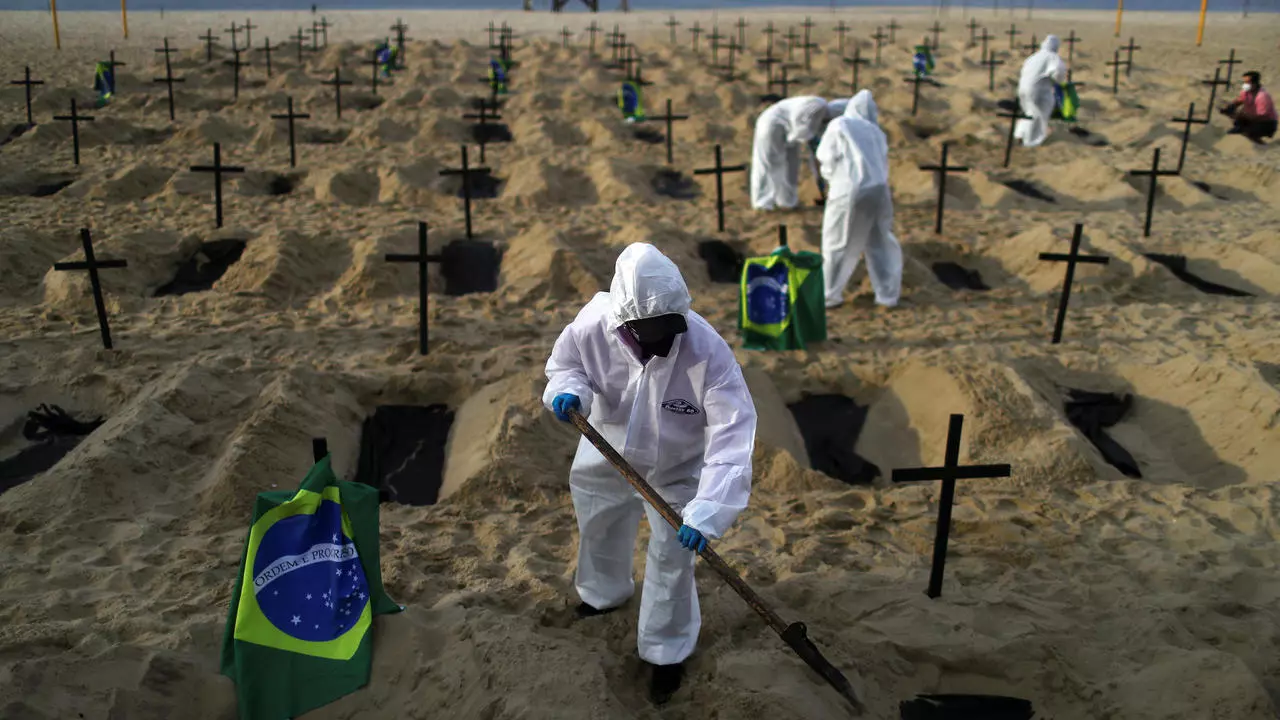Much of science is not correctly taught in schools: in there, it's all about dissecting frogs and making stuff explode.
So let me (with a B.Sc. I acquired at age 57) share with you guys a key axiom about science. Some of you might already know.
It's all about likelihood and probability.
If you ever read scientific papers, you'll find that they never say "this is certain." They only ever say "this is
likely," if that. That's because they are aware of the changing nature of science, where new discoveries can change existing paradigms. It's not a bug, it's a
feature of science; otherwise we would still be drilling holes in people's head to let out evil spirits or whatever.
So SARS-CoV-2 is a very new virus. We just don't have a lot of data on how it affects people, how it behaves, and so on. We are dealing with natural processes, and that takes time. So anything that comes out of the testing is a provisional conclusion: it is
likely that the virus behaves this way, based on what we know now. All conclusions in science are provisional.
What does that have to do with masks? Back to probability and likelihood. The following actions
decrease the likelihood that you will get COVID-19, because they decrease the likelihood that the SARS-CoV-2 virus will enter your lungs or eyes:
- wearing a mask yourself (more layers, less permeable: lower likelihood)
- being around people wearing masks
- wearing a shield
- maintaining a distance of at least 6 feet
- being outdoors or in a place with good air circulation
- washing your hands before you touch your face
All of those will
decrease the likelihood that the virus will enter your body, and in some cases, decrease the likelihood that asymptomatic you will spread the virus to other people. Sure, maybe the wind blew that sick guy's spittle in the other direction -- that's why the odds are lower that you'll get it outside.
So this is why a lot of people don't wear masks outside, or just wear masks and no shields. We're all adults, and we take reasonable risks every day. We drive on the highway; we eat food other people cook. But there's a line: we don't drive drunk, and we might avoid street food in a strange place.
The line, for me with this virus, is indoor/outdoor.
- indoors, I always wear a mask and keep my distance.
- outdoors, I don't wear a mask if I'm moving and keeping my distance. But if people might get closer than six feet, I wear it.
Nobody cares if we're fearful or not. People are saying that wearing a mask is being fearful, and that's BS.
We can be fearful and wear a mask, or just be responsible and wear a mask. I'm not afraid of sharks, but I won't swim in shark-infested waters because that would not be a good idea. Similarly, not wearing a mask in close quarters to show that we're not afraid is just stupid, and selfish. If we don't care about your own health, we need to care about other people. We might have it, not get sick, but we might breathe it out to other people who might not be as strong as us.
As for the drunk driving analogy, imagine driving drunk with a baby in the car. It's not just about the driver, and this mask thing is not just about the mask wearer. It's also about the people around the mask-wearer.
Until we get a reliable vaccine, we just need to do what it takes to
reduce the odds that we'll get it, and
reduce the odds that we'll transmit it to someone else.
Thanks for reading.

